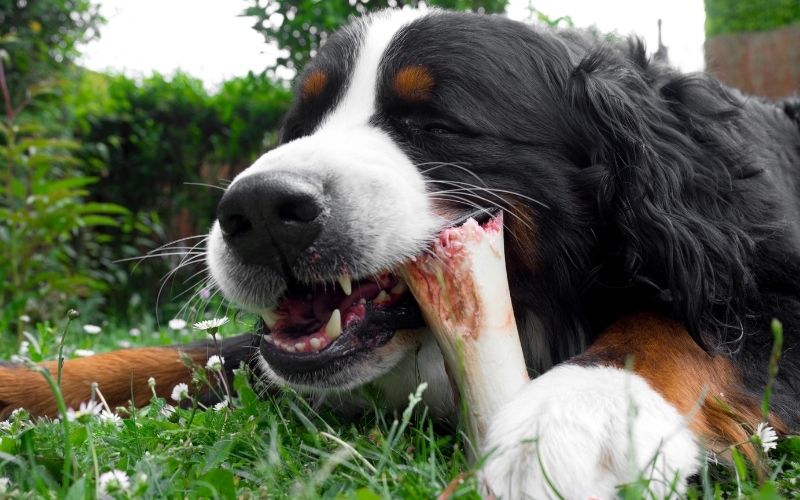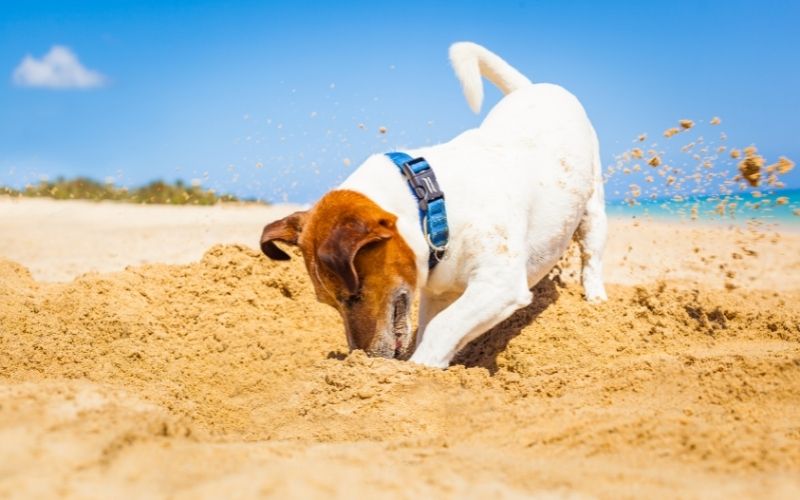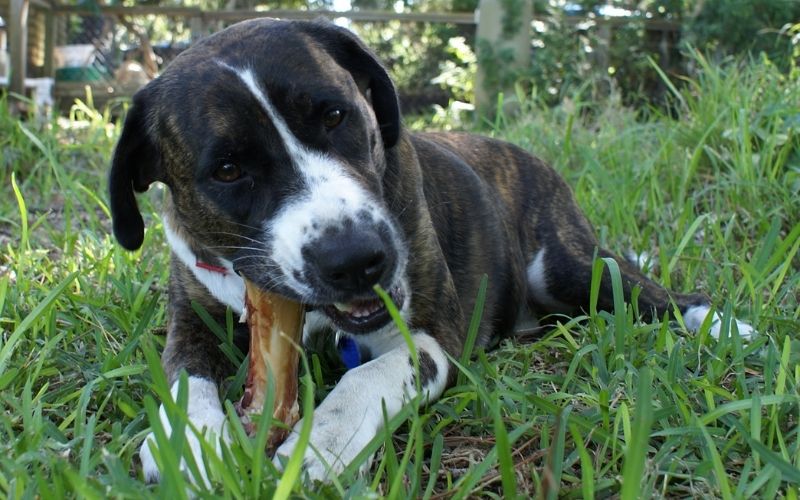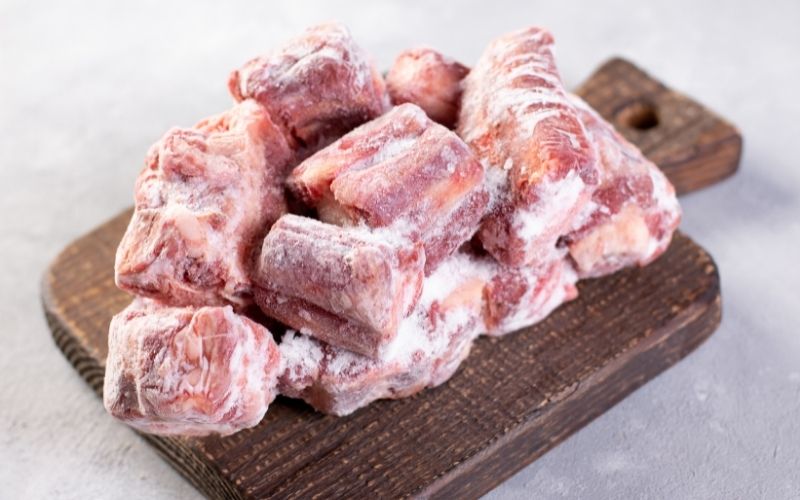Dogs are carnivores and as such, they need to eat bones as part of their diet.
While there are some bones that you should never give your dog because they can be dangerous, there are also a number of healthy bones that your dog can eat.
Knowing which bones are safe and which ones to avoid is important for keeping your dog healthy and happy.
Bones help to keep a dog’s teeth and gums clean and healthy and you should only give human grade, raw and meaty bones to your dog. Make sure that the bone is large enough so that your dog cannot swallow it whole.
What are the best bones for dogs?
Beef Bones: These are perfect for medium to large breeds of dogs.
Beef bones contain a good amount of meat and marrow which is excellent for your dog’s health.
Just make sure that the bone is not cooked as this can make it brittle and dangerous.
Lamb Bones: These are perfect for small to medium breeds of dogs.
They are a little softer than beef bones so they are perfect for smaller jaws.
Pork Bones: These are perfect for all size dogs.
Pork bones contain a good amount of meat and marrow and are relatively soft so they are safe for all size dogs to chew on.
Where should you get bones for your dog from?
Some of the best places to get bones for your dog are:
The Butcher: You can usually find a good selection of bones at your local butcher.
Make sure that you only get human-grade, raw and meaty bones.
The Pet Shop or supermarket: Many shops now sell pet food, including bones.
Once again, make sure that you only get human-grade, raw and meaty bones.
Online: You can also purchase bones online from a number of different retailers.
Once again, make sure that you only get human-grade, raw and meaty bones.
Supervise your dog when he has his bone
When giving your dog a bone, make sure that you supervise them at all times.
This is especially important if you have a puppy or a small dog.
They may try to swallow the bone whole which can cause them to choke or get an obstruction.
If you are ever in doubt, it is always best to speak to your veterinarian before giving your dog any type of bone.

How long can a dog keep a bone for?
You should only give your dog a bone for a short period of time and then take it away.
This is because the longer a dog has a bone, the more likely they are to chew it and break it into smaller pieces which they can then swallow.
Raw bones will also quickly get dirty and could potentially become bad for your dog, so you will need to dispose of them after a short period of time.

If you leave your dog unsupervised with a bone, there is also a risk that they will bury it and try to dig it up at a later date which can cause problems for their teeth and gums.
Do dogs digest bones?
Yes, dogs can digest bones.
Bones are actually a very important part of a dog’s diet as they contain essential nutrients that help to keep your dog healthy.
Bones also help to clean your dog’s teeth and gums and provide them with some much-needed exercise.
What are the benefits of giving your dog bones?
There are a number of benefits to giving your dog bones, including:
Clean teeth and gums: Bones help to clean your dog’s teeth and gums and prevent tartar build-up.
Healthy diet: Bones contain essential nutrients that help to keep your dog healthy.
Exercise: Chewing on bones provides your dog with some much-needed exercise.
[amazon box=”B081876JZS” template=”horizontal”]
What are the risks of giving your dog bones?
There are a few risks to be aware of when giving your dog bones, including:
Choking: If your dog swallows a bone whole, they could choke on it or get an obstruction.
Make sure that you only give your dog bones that are large enough for them to chew on and not swallow whole.
Dirty bones: Raw bones can quickly become dirty and could potentially make your dog sick if they eat them.
Only give your dog bones for a short period of time and then dispose of them.
Brittle bones: Cooked bones can splinter and break, which could damage your dog’s digestive system.
Only give your dog raw bones to chew on.
Final words
Giving your dog bones can be a great way to help keep their teeth clean and healthy, as well as providing them with essential nutrients.
However, it is important to be aware of the risks involved and to supervise your dog at all times when they are chewing on a bone.
If you have any concerns, it is always best to speak to your veterinarian before giving your dog any type of bone.








